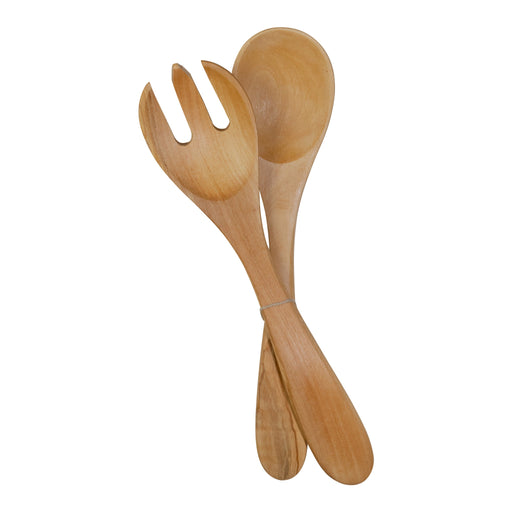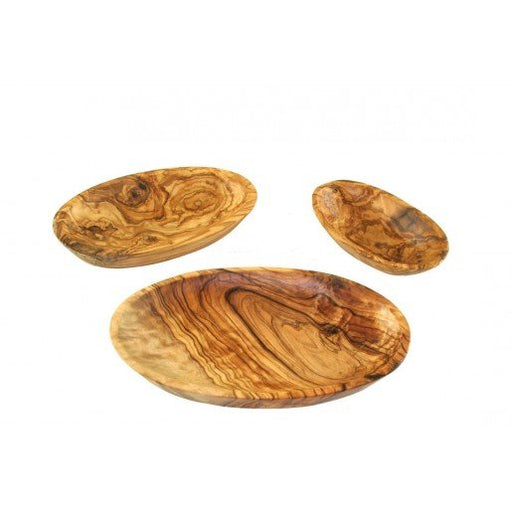Order online and save €15 start-up costs
Beechwood and olivewood kitchenware are two of the most popular types of wood used in the kitchen. Although both types of wood are similar in terms of durability and aesthetics, there are some important differences between the two.
Beech wood is a hard, heavy and dense wood mainly used for making cutting boards, kitchen utensils and furniture. It is a common type of wood because it is easy to obtain and relatively cheap. Beech wood has a light color and a fine grain, making it an ideal choice for making kitchen utensils. It also has the property of repelling bacteria, making it a hygienic choice for cutting boards and kitchen utensils.
Olive wood is a dark, dense wood known for its beautiful grain pattern and characteristic color shades. It is mainly used for making cutting boards, serving dishes and kitchen utensils. Olive wood has a unique look and adds a touch of style to any kitchen. The wood also has a natural antibacterial property, making it ideal for making cutting boards and kitchen utensils.
An important difference between beech wood and olive wood is the hardness of the wood types. Olive wood is considerably harder than beech wood, which means it is less likely to scratch or become damaged. This makes olive wood kitchenware ideal for handling hot pots and pans. Beech wood is softer and can be scratched or damaged more easily when exposed to high temperatures.
Both types of wood are sustainable and environmentally friendly. Beech wood grows quickly and is easy to obtain, while olive trees are usually cut down to make way for new trees. However, both types of wood are recyclable and can be used for other purposes after being used as kitchen utensils.


